In the last couple of years, digital marketers particularly those involved in SEO have been hearing about EA-T quite often. The concept of E A T has been in use since 2014 and is now one of the most important components that comprise Search Engine Optimization (SEO). Let's look at what E-A-T is and the reasons why it is an essential part of any SEO marketing agency.
What is E-A-T?
E-A.T is the abbreviated title of Expertise and Authoritativeness and trustworthiness. The concept of EA-T was first introduced by Google in its Search Quality Rater Guidelines document in the year 2000, and since then it has been updated regularly with updates. It is important to understand that E-A -T isn't an indexing factor. Instead, it can be described as more of an test for Google to verify that the content they are showing are valid and valuable to searchers, and whether Google should be able to rank the site properly. Google places a high value on E-A-T since it is a comprehensive assessment of the quality of the website.
Expertise
It is the amount of an expert is writing the article or provides information on the subject. For example, someone writing a finance-related article must be reviewed and written by a financial expert.
Authoritativeness
Google is known for delivering the best results for its customers. It also looks for websites which are the most reliable source to give them complete details. For instance, Google will give priority and gather information on everything related to medical on the official websites for medical information. This shows that these websites are legitimate and are authoritative on the subject being you've searched for.
Trustworthiness
The trustworthiness of a website is determined by the level of quality of the website as well as the reputation of the individual creating the content over time. Positive reviews, positive reviews, the ability to endorse the website on the internet and the high amount of engagement with the website are some of the factors that boost the trustworthiness of the site.
Why is E-A-T considered necessary in SEO?
In the current times, Google has become one of the most important sources of gathering all types of data needed. Furthermore, Google is well-aware that people can make important choices based on the information they find on the internet. This is why it's crucial to provide correct and precise information to users to avoid any repercussions that result from providing inaccurate or inaccurate details.
Each Digital Marketing Company must ensure that the information they offer particularly if it is within the Your Money or Your Life (YMYL) category, has to be precise and walked cautiously. YMYL are the websites that provide information on and impact on health, happiness financial security, or health. They are subject to the strictest E-A-T standards due to the delicate nature of their knowledge.
Google is taking extra steps to improve users' experience. In the right direction
- Google punishes keyword stuffing to provide the best reading experience to the readers.
- Google created mobile-responsiveness of the site as an important ranking factor.
- They place more importance on HTTPS ahead of HTTP to provide users with better security for their internet.
The steps discussed above are an essential element of SEO and SEO is a crucial element of the process. Optimization is an essential factor in determining the success and effectiveness of strategies to market digitally. Thus, each SEO business must keep E-A-T SEO in their minds and formulate a strategy according to the E-A-T guidelines in order to ensure a higher position in the results of search.
The primary goal of E-A-T is to provide what the customer wants and do so in a professional, reliable, trustworthy and authoritative way. If the digital marketing business adheres to the same principles method, their SEO has a better chance to succeed than others. Therefore, it is recommended to maintain E-A-T in mind as one of your primary strategies when creating SEO strategies for guaranteed success.


.png)




.webp)
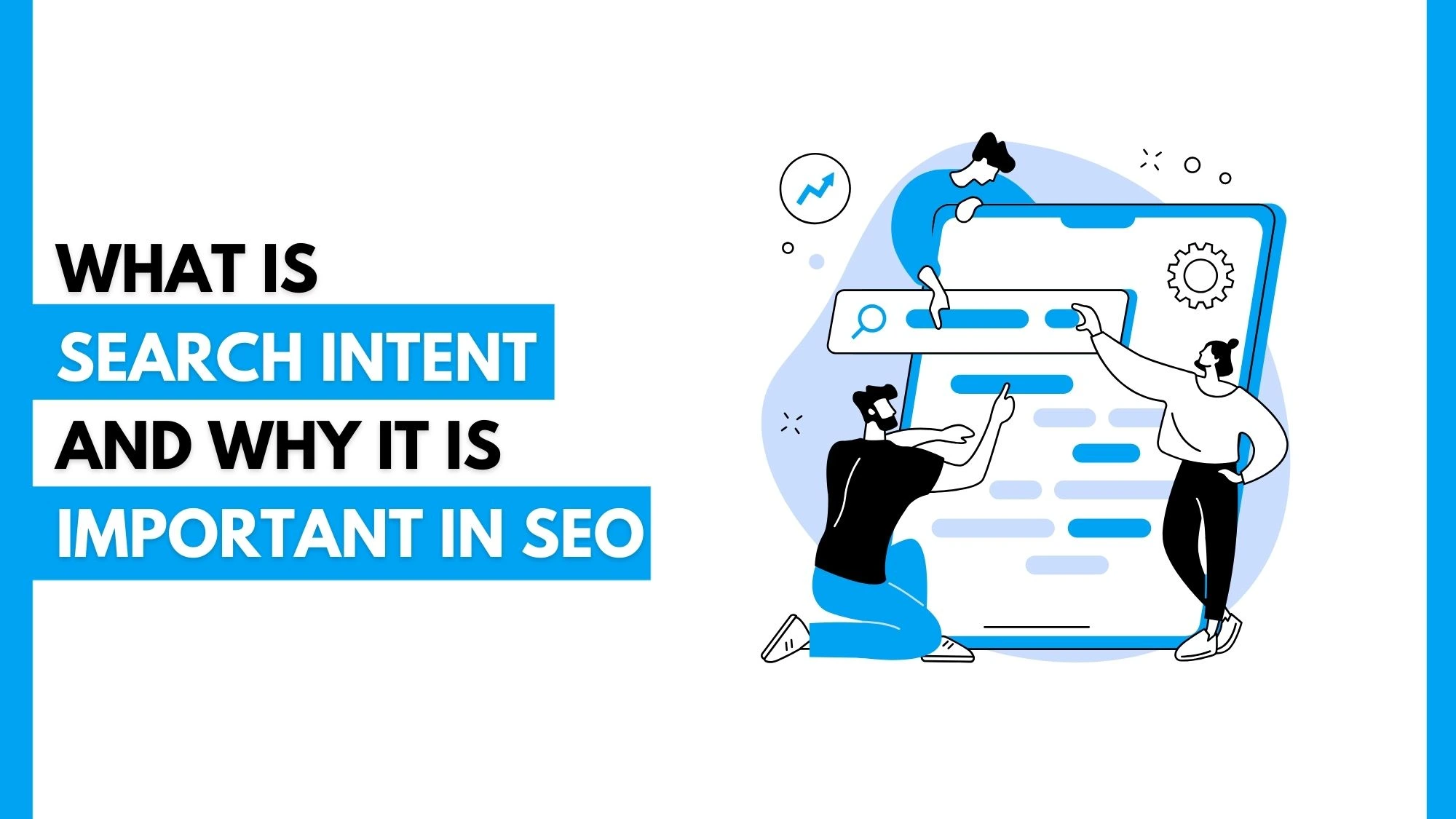

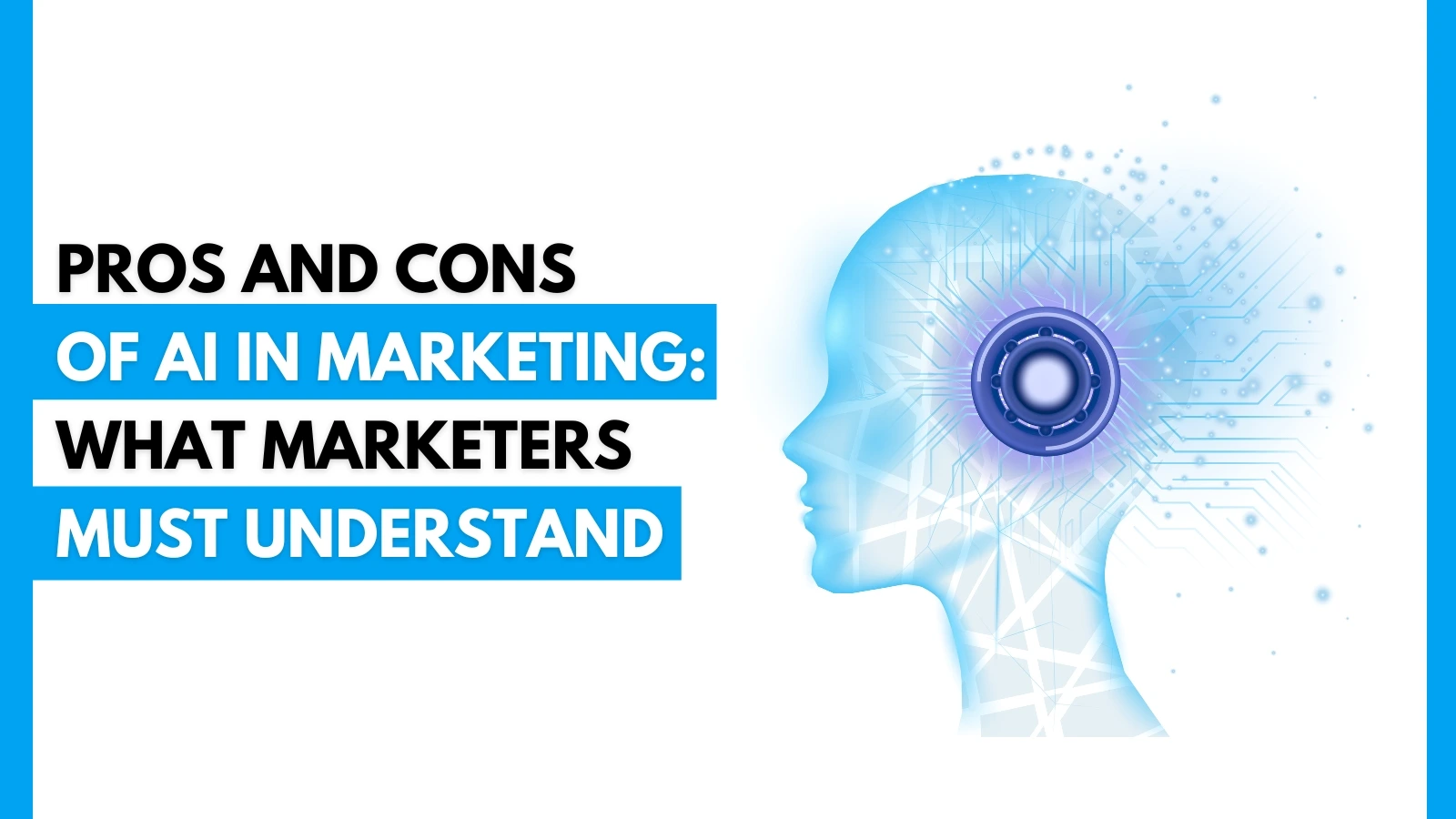



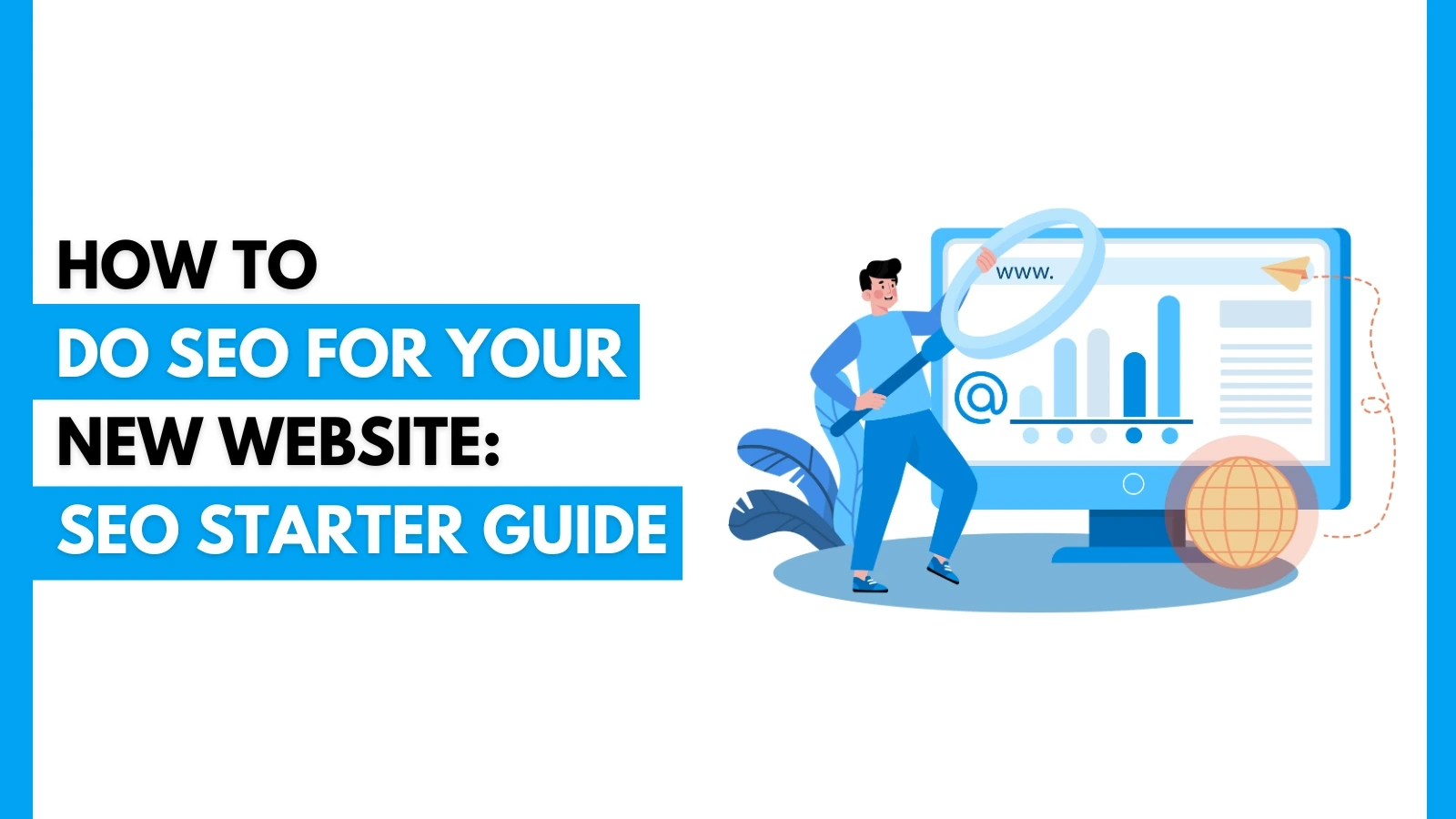
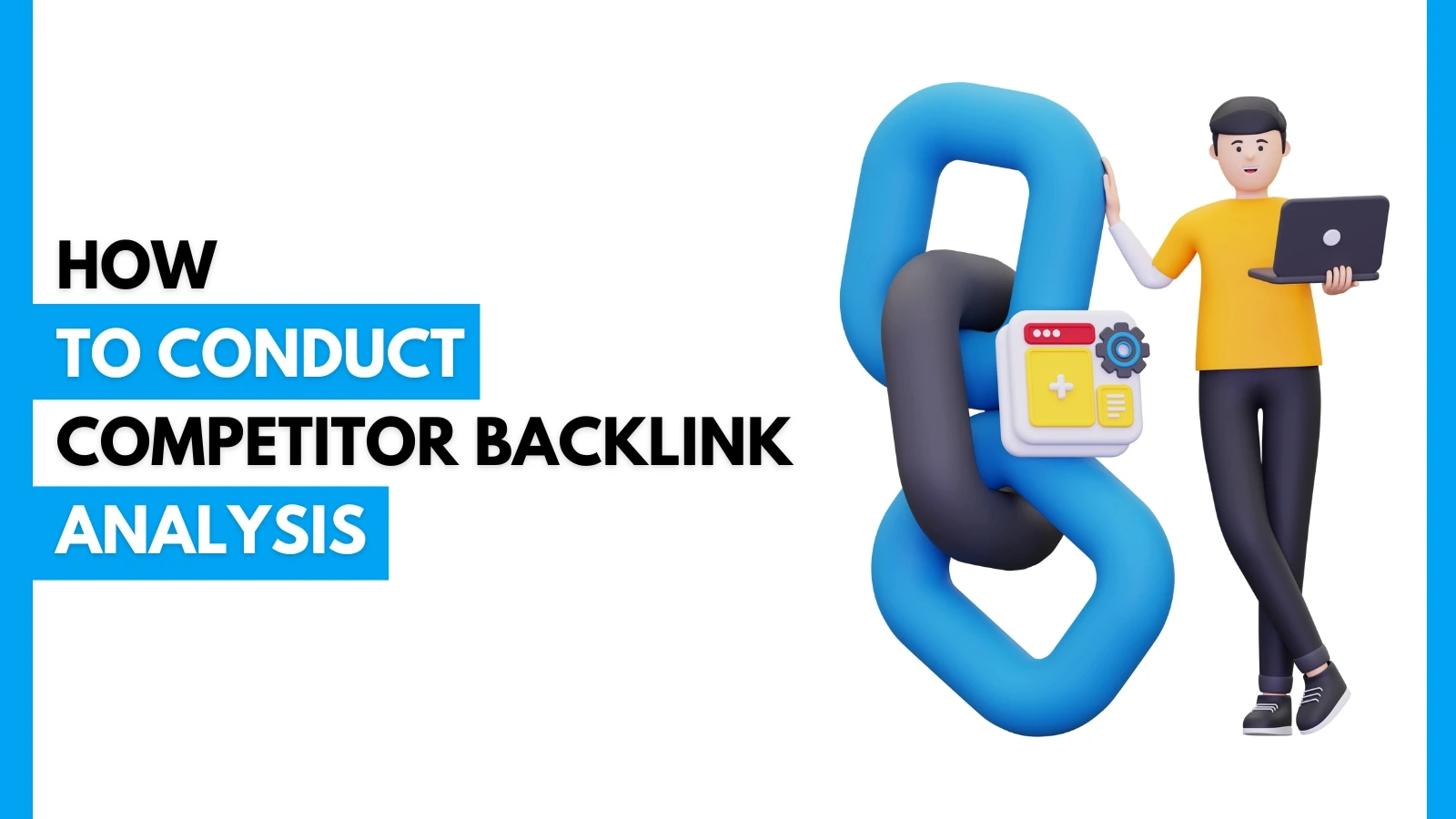
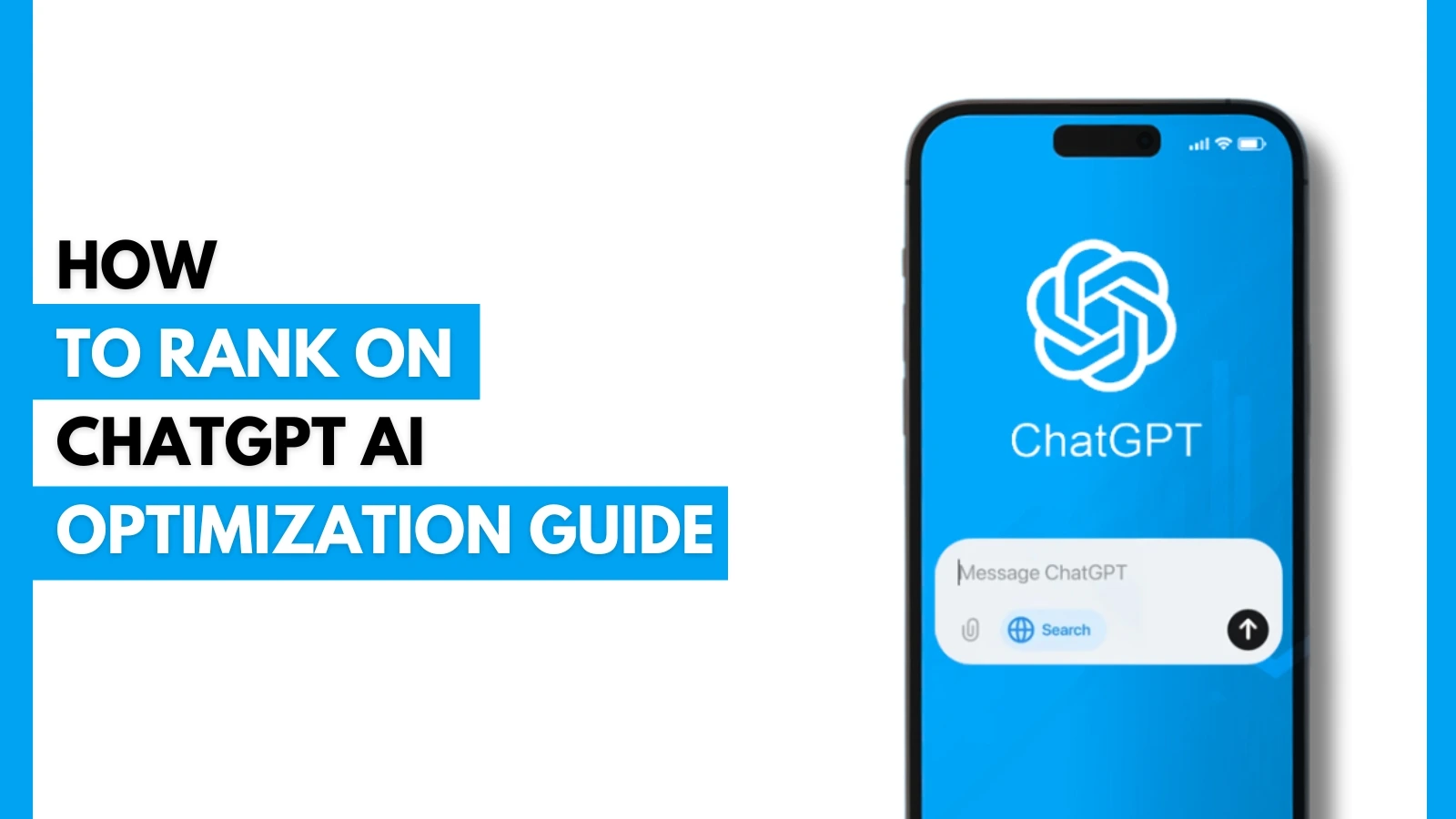


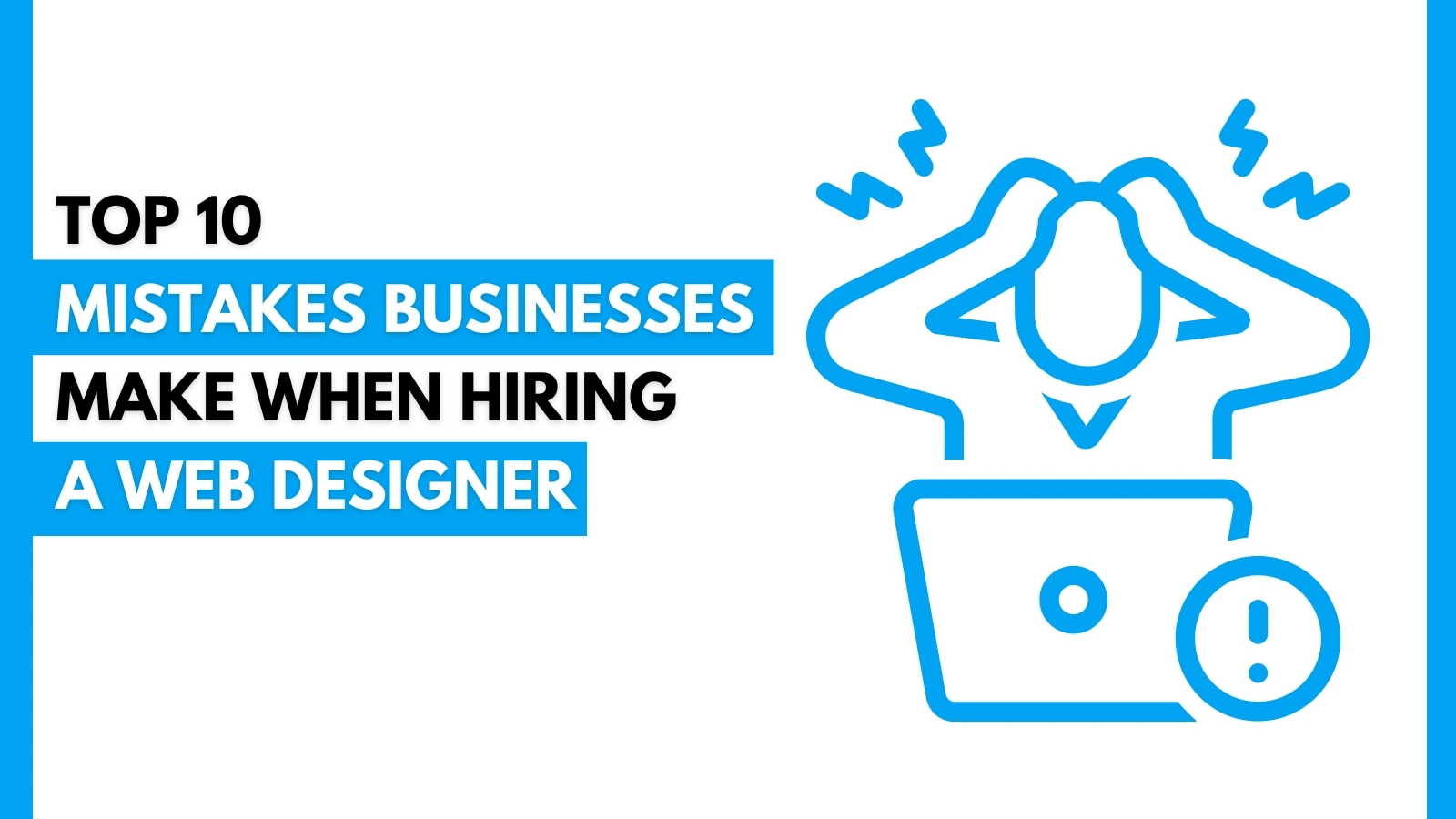

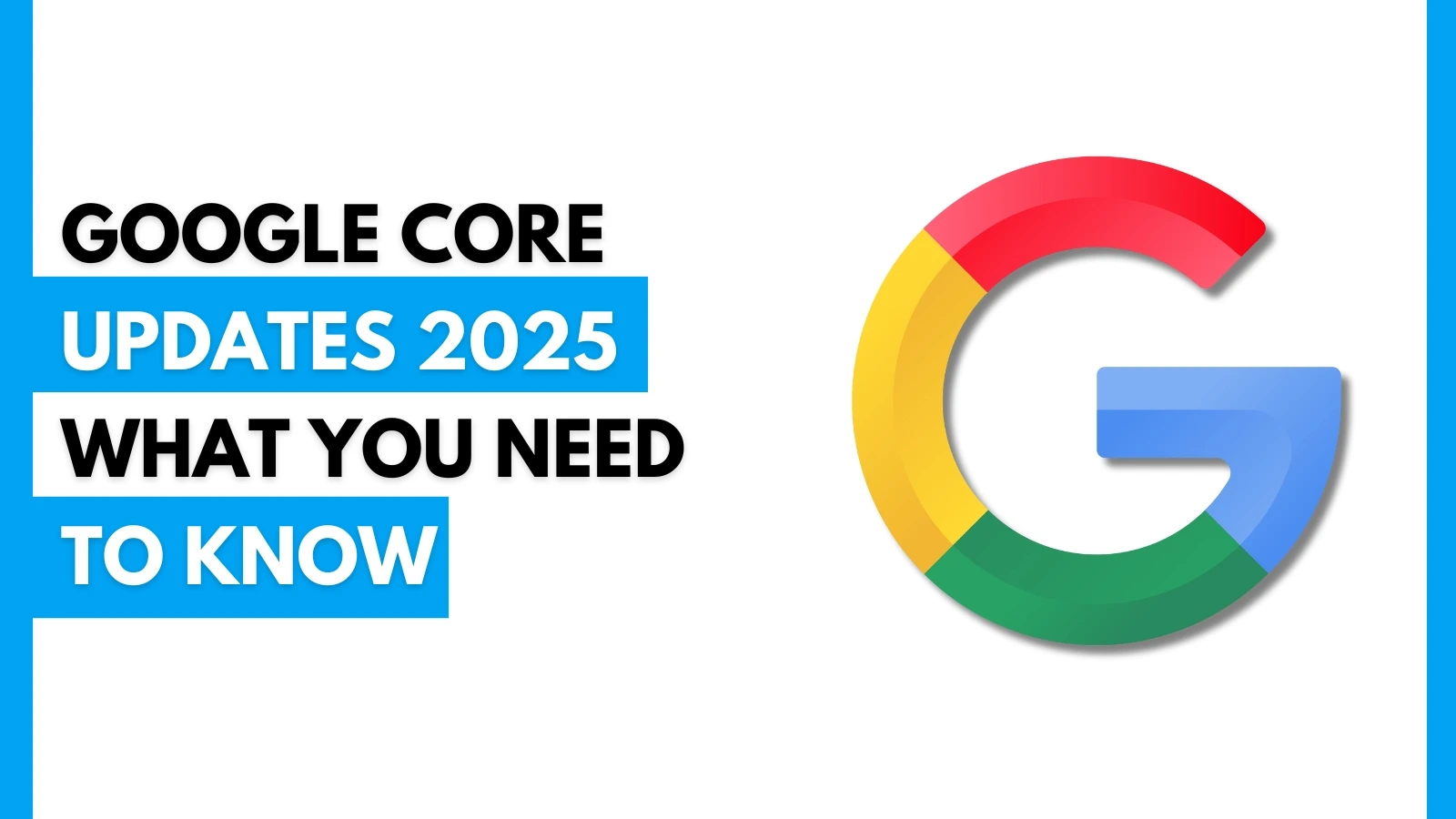





.webp)






















 A Complete Guide.webp)











































.jpg)










 Efficiently.jpg)
.jpg)
























.jpg)
.jpg)
























.jpg)


















.jpg)
.jpg)




























.webp)





.jpg)


















 Campaign.jpg)




.jpg)

.jpg)

.png)



.jpg)



.jpg)
.jpg)
.jpg)



.jpg)








.png)
.jpg)




.jpg)

.jpg)
.jpg)


.jpg)


.jpg)



.jpg)





















.jpg)














.png)





















.jpg)






.png)

.png)



.png)

.png)
.png)



.png)
.png)
.png)
.png)
.png)

.png)
.png)
.png)
.png)
.png)
.png)
.png)
.png)
.png)
.png)
.png)

.png)
.png)
.png)
.png)
.png)
.png)
.png)
.png)
.png)



.png)
.png)
.png)

.png)
.png)
.png)
.png)
.png)
.png)
.png)
.png)
.png)
.png)
.png)
.png)
.png)
.png)
.png)
.png)
.png)
.png)
.png)
.png)
.png)
.png)
.png)
.png)
.png)
.png)
.png)
.png)
.png)
.png)


.png)
.png)

.png)
.png)
.png)
.png)
.png)
.png)
.png)
.png)
.png)
.png)
.png)
.png)
.png)
.png)
.png)
.png)
.png)
.png)
.png)
.png)

.png)
.png)
.png)

.png)
.png)
.png)
 (1).png)
.png)
.png)
.png)
.png)
.png)
.png)
.png)
.png)

.png)

.png)
.png)
.png)
.png)
.png)
.png)
.png)

.png)
.png)
.png)
.png)
.png)
.png)
.png)
.png)
.png)
.png)
.png)
.png)
.png)
.png)
.png)
.png)


.png)
.png)
.png)
.png)
.png)
.png)
.png)

.png)
.png)
.png)
.png)
.png)
.png)
.png)
.png)
.png)

.png)
.png)

.png)
.png)
.png)

.png)
.png)
.png)

.png)
.png)
.png)
.png)
.png)
.png)
.png)
.png)
.png)
.png)
.png)
.png)
.png)
.png)
.png)
.png)
.png)
.png)
.png)